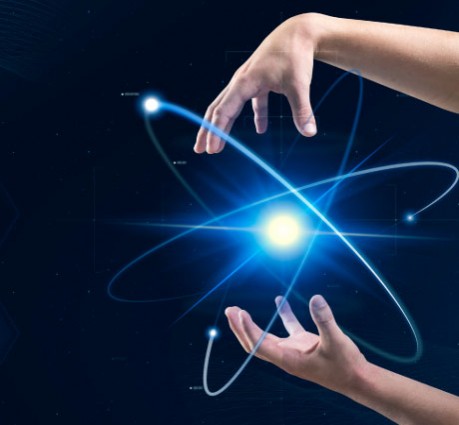After earning an undergraduate or PhD in physics, many physicists work in academic institutions as instructors at the high school, community college, college, and university levels. In the latter, teaching and research are frequently integrated.
Duration of programme
Level of Study

Research-based PhD in physics
Topics: high-energy, optics, quantum, matter
Strong focus on practical work.
Diverse research opportunities are available.
Eligibility Criteria
Students should have completed a master's degree in science or an M.Phil. degree in a relevant field.